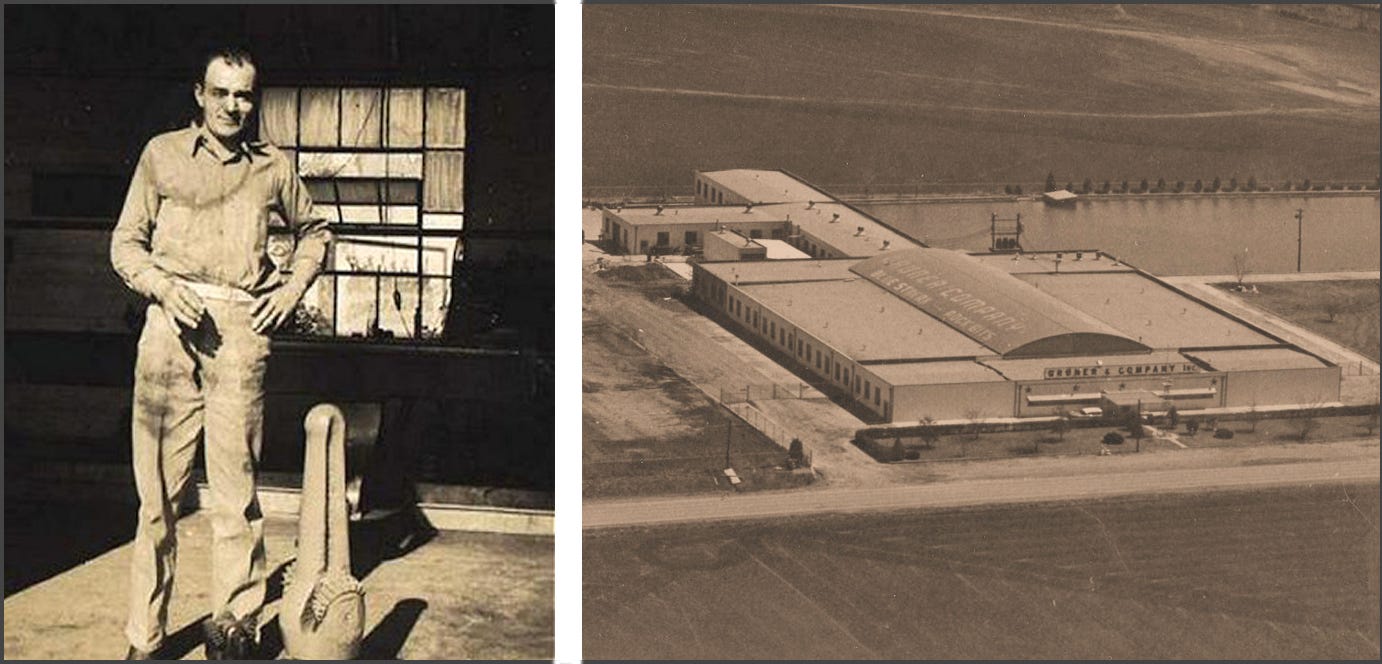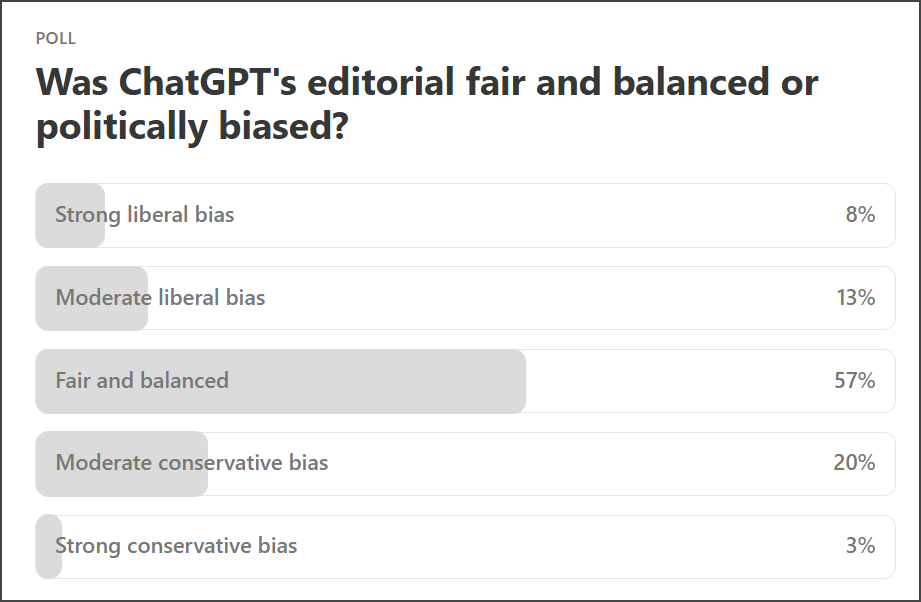Writing today on July 4th, Independence Day, you only need to scan the headlines to see that America—the media at least—is hardly in a patriotic mood:
“The lie Republicans will use to sell punishing megabill cuts to MAGA voters” — MSNBC
“Bukele mocks Abrego Garcia’s torture claims with prison highlight reel” — Fox News
“Law used to kick out Nazis could be used to strip citizenship from many more Americans” — CNN
“Astounding 91% of Republicans consider themselves patriots, and Dems don’t even come close, shocking poll shows” — New York Post
It’s discouraging, such anger and division. How did we get to this point?
President George Washington struggled with that question over 200 years ago. Two political parties had already emerged early in his presidency: Treasury Secretary Alexander Hamilton’s Federalist Party, which supported a strong federal government, and Secretary of State Thomas Jefferson’s Republican Party, which supported states’ rights. The two men, and their embryonic parties, were bitterly divided.
President Washington’s appeals for moderation were unsuccessful. Political parties had firmly established themselves as part of the political fabric of America. Washington, reluctantly, accepted their emergence and in his 1796 Farewell Address warned future Americans of their destructive nature:
The common and continual mischiefs of the spirit of [political parties] are sufficient to make it the interest and duty of a wise people to discourage and restrain it. It agitates the community with ill-founded jealousies and false alarms; kindles the animosity of one part against another; foments occasionally riot and insurrection.
President Washington could not have been more prescient. America today is agitated by false claims, consumed by animosity, and threatened by riots and insurrection.
Yet, the arise of political parties early in America was almost inevitable. You only need to know the backgrounds of Hamilton and Jefferson to understand how two very different views of government developed.

After serving as George Washington’s chief of staff during the Revolutionary War, Alexander Hamilton practiced law in New York City where he advocated for America’s industrial development and a national banking system to finance that development. These were national issues extending across states which required a strong federal government. So, it was natural that Hamilton became a founding member of the Federalist party supporting a strong federal government.
Thomas Jefferson had a much different background. After serving as a diplomat and governor of Virginia during the Revolution, Jefferson returned to Monticello, his 5,000-acre Virginia plantation. Monticello was largely self-sufficient with 120 enslaved laborers farming the land, cooking, cleaning, and maintaining Jefferson’s comfortable lifestyle. So, Jefferson preferred a small, non-intrusive, federal government, and consequently, with James Madison, founded the Republican party which prioritized states’ rights over a distant federal government.
Today, after two centuries of evolution, Democrats and Republicans can still trace their roots to two men: Alexander Hamilton and Thomas Jefferson.
But you don’t need to be a student of history to understand, and appreciate, the motivations of America’s two political parties. Just read two books, or watch their corresponding movies: The Grapes of Wrath by John Steinbeck and The Fountainhead by Ayn Rand.
The Grapes of Wrath tells of the Joads family, impoverished Dust Bowl farmers, driven off their farm after the bank forecloses. A giant bulldozer soon plows over their modest farmhouse after a callous corporation buys their property. Homeless, the desperate family joins the westward migration to California, suffering the misfortunes of the impoverished in the Great Depression. Throughout the story are intimations of President Roosevelt’s New Deal and its support for governmental activism in the face of dehumanizing forces—values that echo in today’s Democratic party. For me, Steinbeck’s novel, and the movie, is an inspiring story.

I find The Fountainhead equally inspiring. It’s a story of an uncompromising architect, Howard Roark. Even under great pressure, Roark refuses to modify his architectural designs to conform to societal expectations. Above all, Roark values personal freedom and integrity—even destroying one of his projects after its design was altered by another architect. Howard Roark’s insistence on personal freedom and the rejection of collectivism is evocative of modern Republicans’ focus on individual freedom and the rejection of governmental activism.
If you want to understand the motivations for a liberal, empathetic government, read or watch The Grapes of Wrath. Conversely, turn to The Fountainhead to appreciate why conservatives embrace personal freedoms and limited government.
Or better yet, read or watch both to better understand the two extremes of America’s broad political spectrum
If someone were to make a movie that somehow merged the two different themes of The Grapes of Wrath and The Fountainhead, it might feature my two parents.
My mother grew up on a small cotton farm near Troup, Texas during the Great Depression. Conditions were harsh. Every family member worked. Cotton was picked by hand—hot, back-breaking work as my mother well remembered. The work was hardly enough. Sales of cotton had fallen from $1.5 billion in 1928 to $768 million in 1934. Many cotton farmers were making a subsistence living, at best.
Even sixty years later, my mother never forgot President Franklin Roosevelt’s 1933 inaugural address, especially his opening words: “This great Nation will endure as it has endured, will revive and will prosper. So, first of all, let me assert my firm belief that the only thing we have to fear is fear itself. . .”
Today Roosevelt’s words sound overwrought, but from 1929 through the mid-1930s, fear was rampant in much of the country. Fear of losing your job, or your life savings when banks failed, or your home to foreclosure. And for a few, fear of starvation. The fear was justified. Before Roosevelt’s New Deal, there were few safety nets.
But the nation slowly recovered. A large majority of Americans gave President Roosevelt and his New Deal programs credit for the recovery. During the 1936 presidential election, Roosevelt swept the country winning 61 percent of the popular vote. The most stricken states voted overwhelmingly for Roosevelt from Oklahoma’s 67 percent through South Carolina at 98.6 percent. Texans gave Roosevelt 87 percent of their vote.
The Phillips family was part of that recovery as seen in the above photos. The left photo, circa 1930, is my grandmother and four of her seven children including Lois, the shy one. The family is proud but dirt poor. A decade later, around 1941, the family (less one brother perhaps away in the service) was well dressed and proudly standing in front of the family car. My mother is the young woman on the far right. A few years after the photo, she graduated from nursing school in 1944.
My father’s story was much different. He immigrated from Germany, a trained German machinist. After traveling to Oklahoma to see the 101 Ranch Wild West Show, he spent the Depression working in the booming Oklahoma oil fields. A critical part of the oil business, the rotary drilling bit, was dominated by one man: Howard Hughes.
Hughes’ original fortune was made from Hughes Tool which had a near monopoly in oil well drilling bits. But that hardly deterred my father. After sitting out the Second World War as an enemy alien (even though he was a proud naturalized American citizen), my father—armed with two of his own drill bit patents—started Gruner & Company in 1947 to manufacture oil well drilling bits in direct competition with Hughes Tool.

It wasn’t easy. I remember as a child going to the post office many times with my father hoping to receive enough checks to make payroll that week.
But by the late fifties the company was thriving. Gruner “Blue Streak” drill bits were sold around the world: the middle east drilling for oil, Canada helping to build the Saint Lawrence Seaway, and mines and oil fields throughout North and South America. In 1958, the Hughes Tool general manager even invited my father to Houston to tour the giant Hughes factory as his guest (perhaps feeling out my father regarding an acquisition).
After a stroke, and with two sons who unfortunately had little interest in taking over the business, my father sold his company in 1970 at a premium. He was one of the few men who took on Howard Hughes and won.
Their different life experiences affected my parents, but it never politicized them. My mother admired Roosevelt. My father respected Eisenhower. But, as far as I know, both “voted for the man, and not the party,” a phrase I heard often growing up.
Below are the survey results from last week’s Substack, Will AI be Writing Newspaper Editorials Soon? I’ll discuss these in a future post.





Well you seem to understand the differences of the Democratic and Republican Party quite well.
Unfortunately, this current iteration of the Republican Party is not Conservative, Its is not about a limited Government and it seems to embrace Crime.
Add those facts to what the Republican Party used to be and I find we have millions of disenfranchised voters not willing to vote for either party. And when we don't get enough people to vote Minority interests can win which hurts our Democracy.
Where do we go from here? "We have a Republic if we can keep it."
Great article Ron. Thank you. Hamilton lived up the street. I didn’t know he thought the federal government should rule over the states. I bet he wouldn’t agree right now! How did we ever get to this is right!!